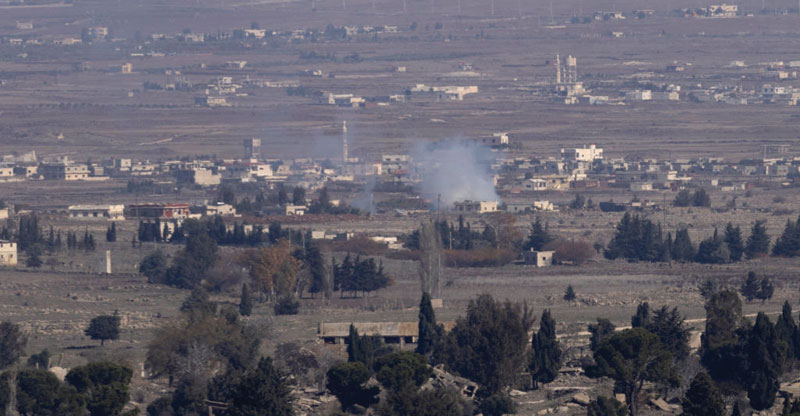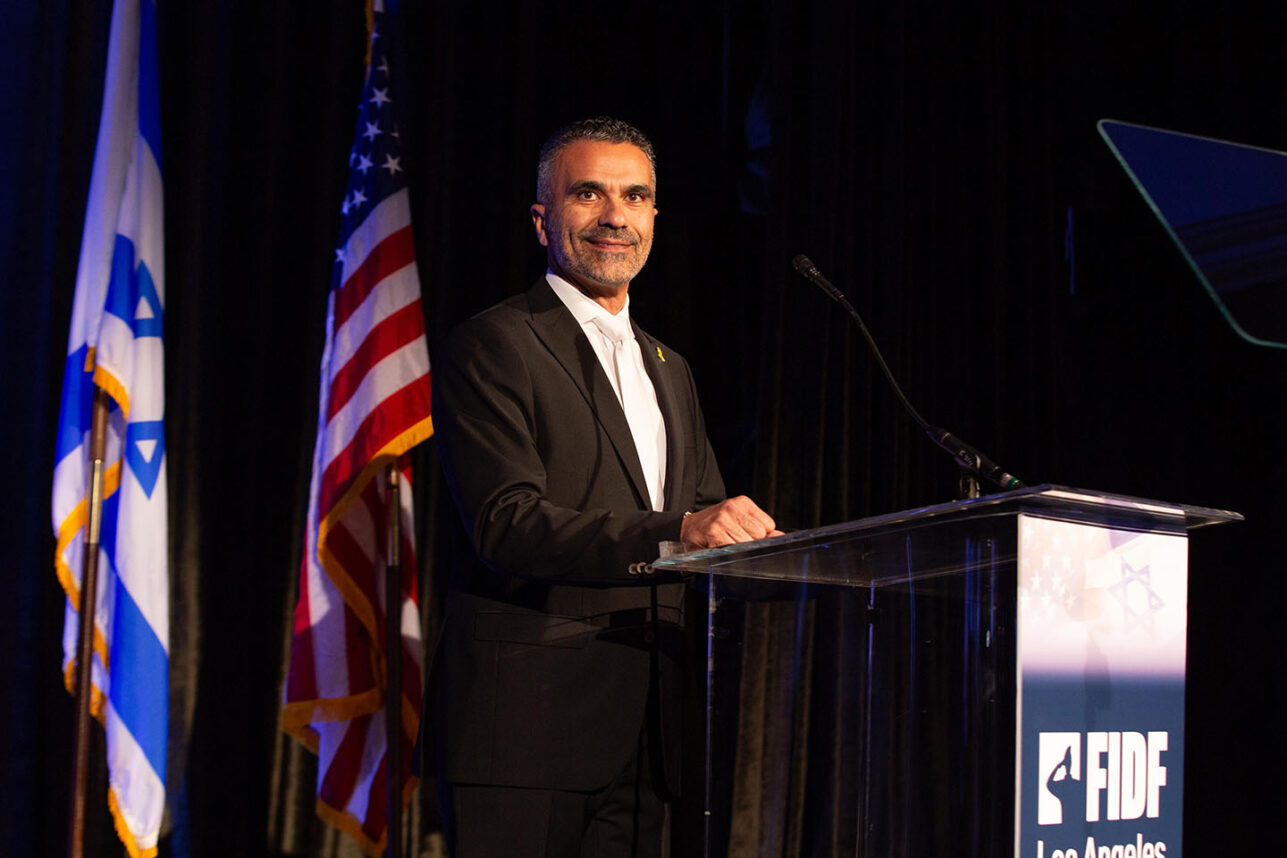This week, we break the linear reading of Torah to honor the holy day of Shemini Atzeret, the eighth day of assembly, a day added to the seven days of Sukkot. Midrash Rabbah (29:36) explains Shemini Atzeret by way of an analogy: A king invites the whole country to a feast. When it is over and the people are returning home, he turns to his children and begs them to stay a little bit longer saying: "Your departure is painful to me."
We have gathered with God to celebrate the feast of the earth’s bounty, and now God says to us: "Wait, don’t go just yet. Spend one more day with Me, for your separation pains Me."
One way to understand this is to note that in Deuteronomy 14:22-16:17, the Torah reading assigned to Shemini Atzeret, the holy day itself is not mentioned. We can read about Shemini Atzeret in Leviticus (23:36) and Numbers (29:35-39), but not here. Why? Because staying with God one more day should be an act of love rather than an act of obedience. God wants us to stay with Him, and we want to stay with God.
Shemini Atzeret, then, is a day to linger with God. And what does this lingering involve? We are to come before God with "whatever your heart desires — cattle, flocks, wine, alcoholic beverage, or anything that your soul wishes; you shall eat it there before God and rejoice — you and your household" (Deuteronomy 14:26).
Notice the difference between whatever your heart desires and anything that your soul wishes. The heart desires things: cattle, flocks, drink. The soul wishes for company: eating before God with your loved ones. The heart rejoices when it has something to rejoice over. The soul rejoices when it has someone to rejoice with. For seven days we rejoice over the bounty that God has given us. On the eighth day we rejoice with God.
See this in terms of the midrash above. The king invites the whole country to his feast. When the feast is over, the people leave. His children, too, prepare to depart, but he says to them: "Linger with me yet another day, for your departure pains me. Being separate from you distresses me." Only his children are invited to stay with the king; only those most intimate with God feel the call to stay one more day.
But isn’t Shemini Atzeret obligatory on all of us, and not simply those who feel called by God to God? Yes, God is calling each of us — even if we don’t hear the call. The obligation to linger gives us the opportunity to hear the call. It is as if once the din, tumult and partying of Sukkot has quieted down we can finally hear God calling to us: stay with Me one more day.
What is staying with God? The Kotzker Rebbe once asked, "Where does God dwell?" He answered his own question saying: "God dwells wherever you let God in." Staying with God means staying open to God; staying open to God means seeing the Divine in, with and as all that is. It is realizing that God is ein sof (unbounded) and that there is no thing that is not God — for that would put a limit on God. Rejoicing with God means rejoicing with your family and the world. Rejoicing with God means embracing the world with godliness.
Why just one day? Because "one day" means "this day," and "this day" — today — is all we have. Our sages tell us to do teshuvah (repentance) one day before we die. Since we don’t know when that day is, one day becomes today. The same is true here. God is saying to us: "I am glad your heart rejoices in all the things I have given you, but now put those things aside and rejoice in Me and My company." If you rejoice in the company of God today, you will rejoice with God forever, for today is the only day you ever have.





















 More news and opinions than at a Shabbat dinner, right in your inbox.
More news and opinions than at a Shabbat dinner, right in your inbox.